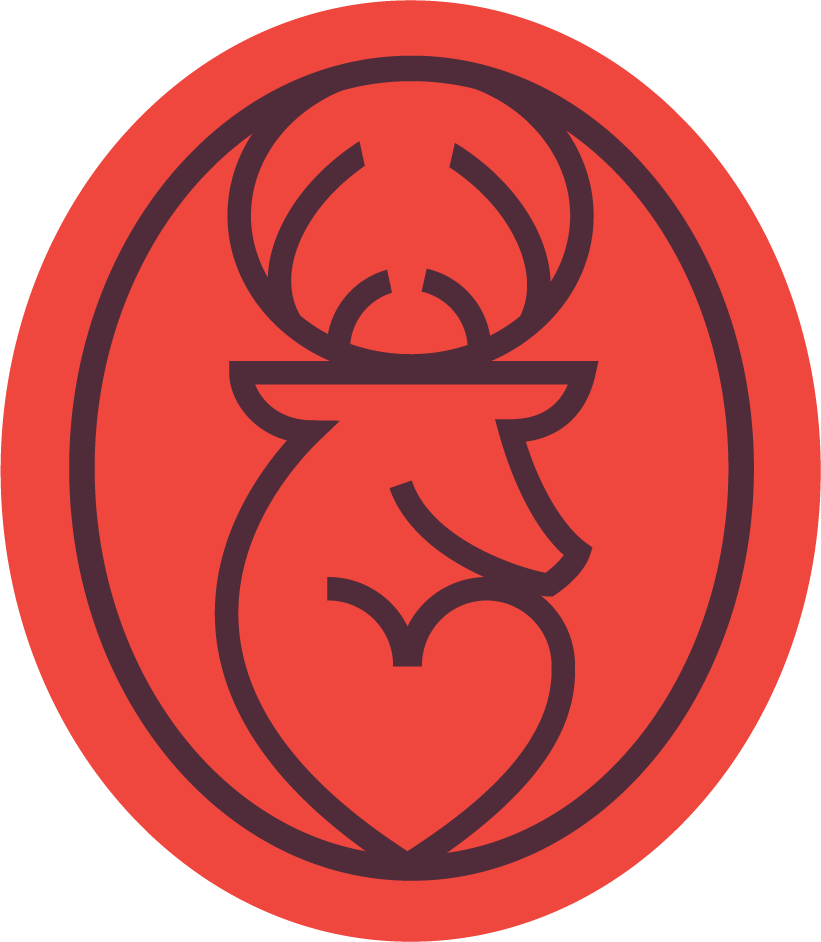5 Myths About Burnout
There’s a lie that keeps us on a treadmill of self-destruction: If you want to make a significant impact, burnout is inevitable.
I actually read this recently. The writer went on to suggest that burnout is not only inevitable, it is a badge of honor.
This is a potentially fatal and false equivalence.
First, burnout is not a badge — if only. It is a debilitating emotional, physical and spiritual affliction that can be deadly.
This glorification of selfless giving is woven into the cultural expectations of many professions -- especially medicine and motherhood.
The implication goes like this: Self-care is for the weak, the ones who can't hack the demands of the job.
Burnout is proof that you went above and beyond to serve your commitment -- that you made a "significant impact".
Here are more myths that keep strivers striving -- sometimes at a dangerous cost:
Myth #1: Burnout means you care more.
Myth #2: Burnout is a sign that you work harder.
Myth #3: Burnout means you're selfless.
Myth #4: Burnout means you just couldn't hack it.
Myth #5: Burnout is the inevitable result of making an impact.
Burnout is NOT a symptom of greater dedication. What impact can you make when burnout drags you to your knees?
Burnout is NOT a strategy for life, any more than illness is a plan for getting more rest.
In fact, burnout is a sickness, affecting mind, body and spirit.
One of my clients began coaching with me with the goal of stepping into more leadership roles. But she became so burned out that she saw no other solution than to quit medicine altogether.
She started with triage: Sleep and Netflix.
Once the triage was done, she went on to recovery: silent mediation retreats, family vacations and more.
Burnout wasn't her strategy, but it was her Ctrl-Alt-Del for life, a forced reboot.
Quitting may have saved her life.
Burnout was the trigger to re-examine her belief system altogether.
When she quit medicine, she quit the belief system that drove her to put her work about her own self-care.
Truth #1: Burnout is born of an ongoing misalignment between the reality of time and expectation of productivity.
Truth #2: You can only sustain significant impact over a long period of time by taking care of yourself along the way.
Truth #3: Burnout is the result of not standing up for your self-care every day.
Truth #4: Prioritizing your self-care is up to you.
If you don't take care of yourself, no one else will -- especially not your job.
Prioritizing your self-care IS a strategy for life.
While burnout is not a sustainable strategy for rebooting your life, it is an opportunity to take charge again.
Burnout can be the spark to re-imagine what it means to live a balanced life.
To make a plan for your self-care -- not once in a while, but every damn day.
Standing up for your self-care takes courage -- especially in a system that values self-abnegation.
Saying "I matter" is a radical act.
What impact do you want to have?
How can you fuel your efforts to sustain you toward your goals?
How can you build self-care into your daily life?
What does self-care look like for you?

